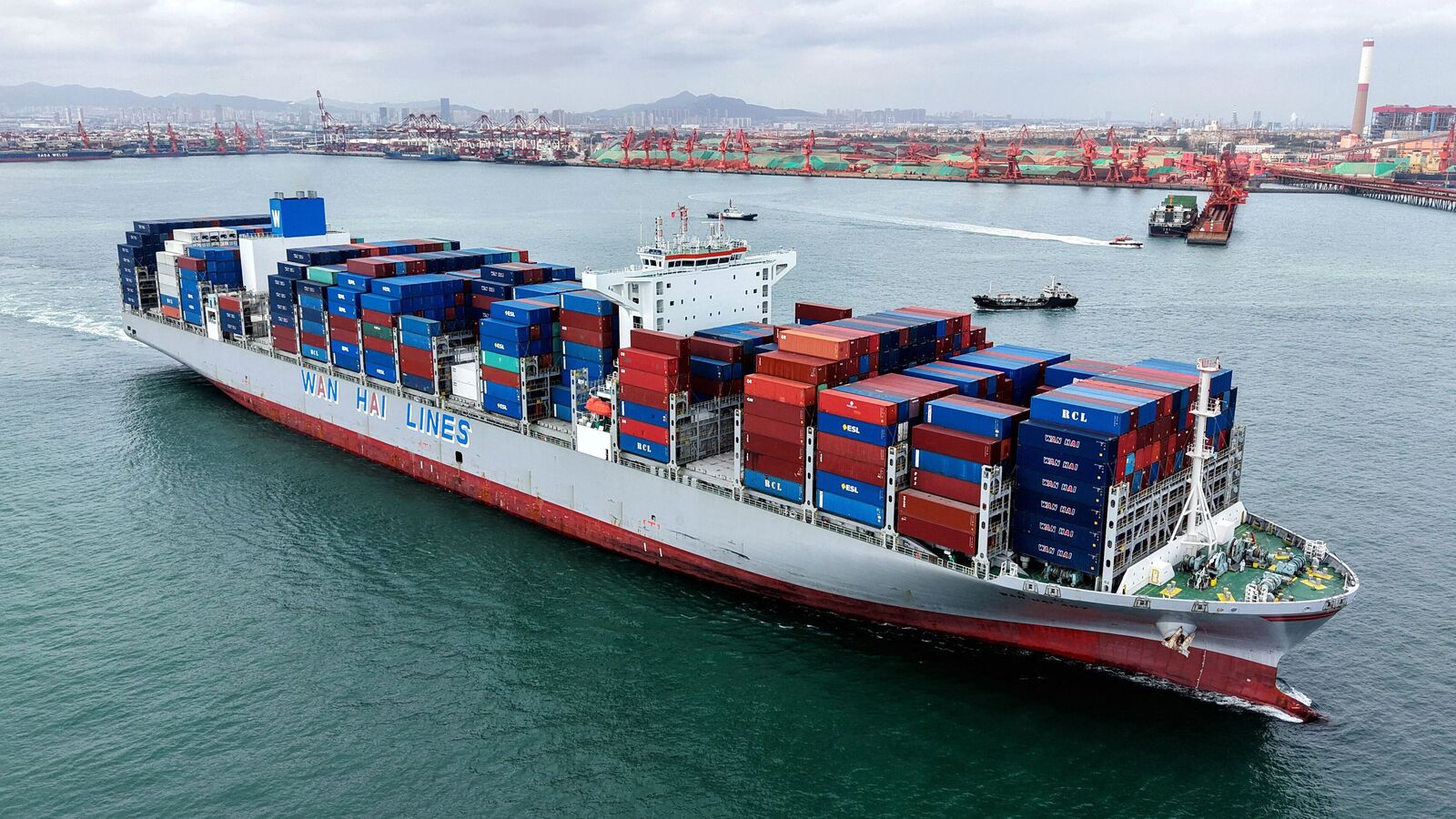Amid China’s newly listed restrictions on rare-earth mineral exports and a subsequent US rebuke with 100% tariffs, companies across the globe in the semiconduction supply chain are bracing for impact.
China’s rare earth curbs, its tightest yet to limit the supply of the minerals to the world, come as Beijing’s first major attempt to restrict global companies from targeting the semiconductor industry, which threatens to stop the making of chips that support the AI boom.
Impact of China’s rare-earth move
The restrictions may have major impacts. ASML Holding NV, the only manufacturer in the world of machines that make the most advanced semiconductors, is expecting weeks-long delays in shipments, a person in the know was quoted as saying by Bloomberg.
A major US chip company is still assessing the potential impact, a senior manager said, adding that the clearest impact will be the surge in prices of rare earth-dependent magnets that are critical to the chip supply chain.
Another official at a different US chip company revealed that it is rushing to identify which of its products are manufactured with Chinese rare-earths. This company is worried that the licence requirement will halt its supply chains.
It’s not clear what software products from the US might be hit by Trump’s latest proposed export ban. In July, the administration lifted export license requirements for chip-design software sales, rules that had been imposed in May as part of a raft of measures responding to Beijing’s earlier limits on shipments of essential rare earths.
China’s new rules require overseas firms to seek approval for shipping any material containing even trace amounts of Chinese rare earths — and explicitly call out parts used to make certain computer chips and advance AI research with military applications.
Chipmaking machines, like those sold by ASML and Applied Materials Inc., are especially dependent on rare earths because they contain extremely precise lasers, magnets and other equipment that use these elements.
Also Read | Trump tariffs on China: Why did US impose 100% extra tariffs? All FAQs answered
ASML is preparing for disruptions, particularly due to a clause that requires foreign firms to seek China’s approval for reexports of products containing its rare earths, said the person familiar with ASML, who asked not to be identified discussing private matters and noted that ASML is lobbying Dutch and US allies for alternatives.
“Within the semiconductor value chain, China’s new export controls will likely most impact chipmakers that use rare-earth-based chemicals during the chip fabrication process and toolmakers that integrate rare-earth magnets into their equipment,” Jacob Feldgoise, senior data research analyst at Georgetown University’s Center for Security and Emerging Technology, told Bloomberg.
The world’s biggest chipmakers, including Intel Corp., Taiwan Semiconductor Manufacturing Co. and Samsung Electronics Co., rely on ASML to produce semiconductors.
Nvidia’s position
One company that is likely to be impacted due to the Chinese restrictions is Jensen Huang’s Nvidia, which is already in the crosshairs of US-China trade tensions regarding its AI chips.
Huang’s leading technology has been leveraged by Donald Trump in his trade negotiations with China, which has further complicated the company’s relationship with Beijing.
“Nvidia has gotten caught in the middle of two very important things: a trade dispute between China and the United States … but more importantly, AI has become a matter of national security,” Gil Luria, head of technology research at DA Davidson told CNN.
Also Read | Trump tariffs on China: What does it mean for the US and Indian stock market?Also Read | China puts Trump in a corner. Every way out hurts.US-China trade war reignites
Some have questioned how long the restrictions will last, viewing them as potential posturing ahead of a trip to Asia Trump had planned that was expected to include a meeting with Chinese President Xi Jinping later this month. It’s unclear how China would even track rare earths at such discrete levels to enforce the rules.
But China’s move has instead escalated tensions with the US. Trump’s announced tariffs would raise import taxes on many Chinese goods to 130% starting next month. That would be just below the 145% level imposed earlier this year, before both countries ratcheted down the levies in a truce to advance trade talks.

